 Martin Enserink, a native of the Netherlands, is a reporter and contributing editor for the news pages of Science magazine. He specializes in infectious diseases, global health, and science policy.
Martin Enserink, a native of the Netherlands, is a reporter and contributing editor for the news pages of Science magazine. He specializes in infectious diseases, global health, and science policy.
After obtaining a Master’s degree in biology at the University of Groningen, he worked for Intermediair, a weekly general interest magazine in the Netherlands, and various other publications. Between 1999 and 2004, he was a reporter at Science’s headquarters in Washington, DC. From 2004 until February 2012, he was Science’s correspondent in Paris, France. He is currently based in Amsterdam, the Netherlands.
Martin Enserink has covered many outbreaks of infectious diseases, including the 2001 anthrax letters in the U.S., the global outbreak of SARS in 2003, and the 2009 H1N1 influenza pandemic. He has written extensively about basic research, epidemiology, ecology, and drug and vaccine development for diseases like malaria, tuberculosis, and influenza. He also wrote columns about science, technology and policy for Intermediair (from 2003 until 2009) and Bionieuws (from 2004 until 2011).
The past three years, Enserink was also a mentor in SjCOOP, a program run by the World Federation of Science Journalists with support of the British, Dutch, and Canadian governments to train science journalists in Africa and the Arab world. In that role, he mentored science journalists in Nigeria, Kenya, Cameroon, and Zimbabwe.
Enserink is a three-time winner of the Communications Award of the American Society for Microbiology, for stories on the SARS outbreak (in 2004), malaria (2008), and a newly discovered virus called XMRV (2012). His story on Golden Rice, a genetically engineered rice variety aimed at fighting vitamin A deficiency, was included in Best American Science Writing 2009.





